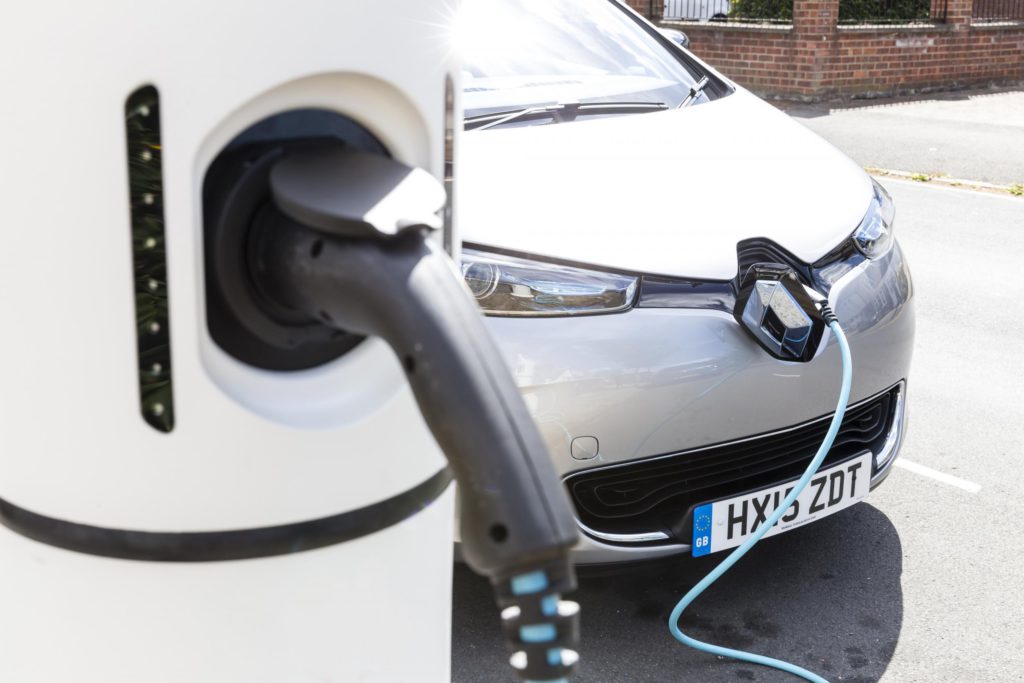Global market waking up to EV adoption
09 December 2019

9 December 2019
More than 50% of global consumers are willing to consider buying an electric or hybrid vehicle as their next purchase, according to a new report.
The UK fares slightly better than average, with 69% of consumers considering buying an electric/hybrid vehicle next time, according to the survey from OC&C. On top of that, nearly one in five (19%) said they would be likely to buy one.
Across the five markets that the report covers, China is leading the way in consumer appetite. 94% of consumers expect to consider buying an electric/hybrid vehicle, and 74% are likely to buy one at their next purchase.
It will take time, however for these good intentions to translate into adoption. Only 7% of Chinese and 2% of UK consumers bought an electric/hybrid vehicle at the last replacement.
The country that is leading electric or hybrid-vehicle adoption is Norway, where 39% of new cars are electrified, thanks to sustained government support and generous incentives.
Intervention needed
If the UK is to convert consumer good intentions into action, the government and the industry need to work together to address consumer concerns. OC&C research unveiled that almost two thirds (64%) of consumers said access-to-vehicle charging points when away from home was the biggest barrier to buying an electric or hybrid car. Almost half (49%) were also concerned about the high cost-to-purchase an electric or hybrid vehicle, yet, prices are falling in the UK, and this is likely to drive forward electric/hybrid adoption rates.
″UK consumers remain very attached to having their cars but are increasingly willing to consider doing their bit to improve our environment by making the permanent move to electric and hybrid vehicles,’ says John Evison, Associate Partner at OC&C. ′However, our research shows that turning these good intentions into government support is key to driving consumer adoption of electric and hybrid vehicles.
″Evidence in Norway shows that sustained government focus and generous incentives can drive significant adoption where nearly one in four new cars are electric ones. However, the governments across the world are taking the right steps as the introduction of clean-air zones in cities is a major step forward for many markets and is a significant incentive for consumers to move to electric or hybrid vehicles. The UK Government needs to continue to take further decisive action to convert consumer consideration into action.″
New mobility
France was the country most excited about autonomous technology, with 37% saying they would like to try it, while 24% stated they would prefer a pool of autonomous vehicles to their exclusive model.
Germany was one of the most sceptical over the new technology, with 67% stating they would not trust a driverless car, the same as the UK. There was also low importance attached to cars in the country, with just 24% seeing it as an important status symbol. Of those not driving today, 48% do not expect to ever own a car, the highest in the report’s sample; however, this is not high-minded environmental concerns, with the main reason for not getting a car being affordability.